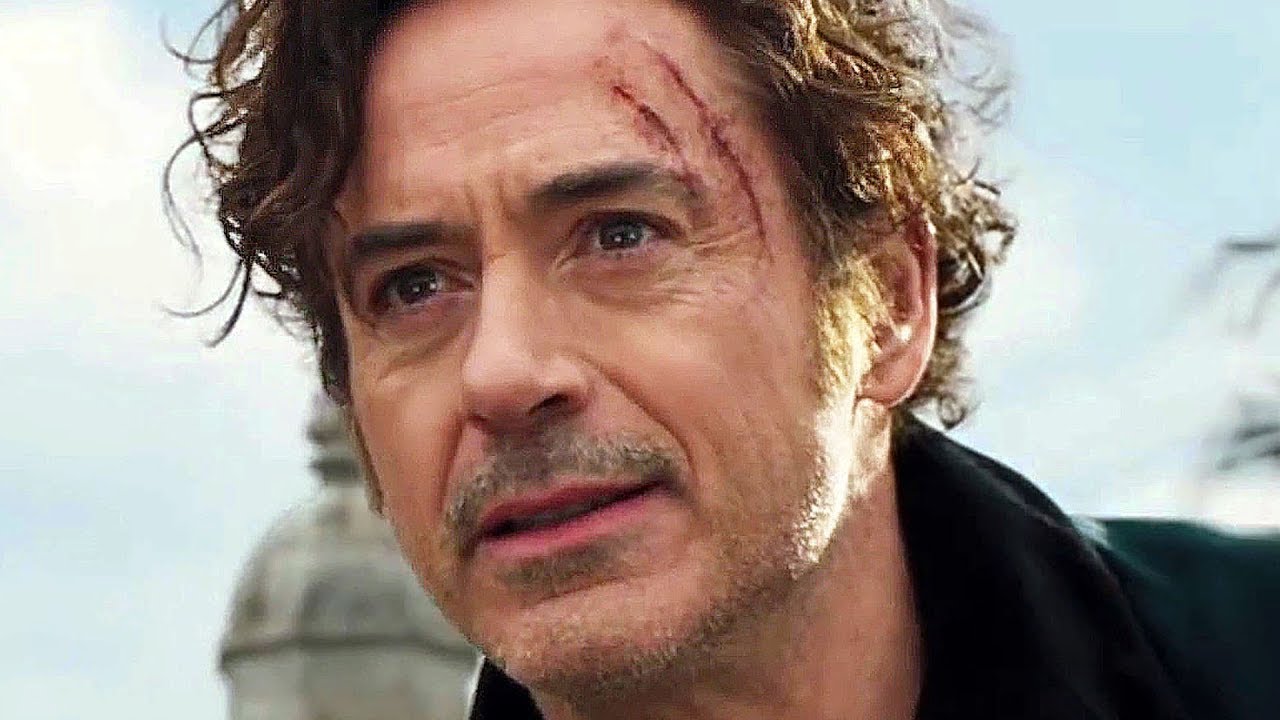
A year of film may not be over yet, but at this halfway point critics and audiences alike look to the films that they have both enjoyed and disliked the most so far. 2020 is an incredibly unique year for film. Due to the pandemic, theatres across the globe were forced to close, the film industry came to a standstill and as a result many films have had to either postpone their releases indefinitely or have been released digitally instead of theatrically.
Celebrating the best that film has to offer and the films that we enjoy most is always more enjoyable, however that does not mean that we cannot recognise films that have disappointed audiences and critics or are weaker.
1. Fantasy Island

Would you visit a place where your wildest fantasies could become reality? On Fantasy Island, a remote and luxurious resort, the mysterious Mr Roarke makes the secrets dreams of his guests come true. But when the guests’ dreams begin to turn into horrific nightmares, they must solve the mystery of the island in order to escape with their lives.
The film, which is a re-imagination of the 1977 television series of the same name, was produced by Blumhouse Productions and was also known by the title ‘Blumhouse’s Fantasy Island’ in some territories. Fantasy Island was directed by Jeff Wadlow, who also co-wrote the screenplay along with Chris Roach and Jillian Jacobs. Fantasy Island was a box office success, grossing over $47 million against a budget of $7 million, however it was critically panned and currently holds one of the worst Rotten Tomatoes’ scores of the year at 8%.
Fantasy Island was primarily criticised for its lack of appeal to audiences. The film is not a true enough adaptation to appeal to fans of the television show but is also not scary enough to interest horror fans. Instead, Fantasy Island exists in a strange in between where the scares are merely pedestrian, and the story is a devolution of the television show’s ideas.
2. Dolittle
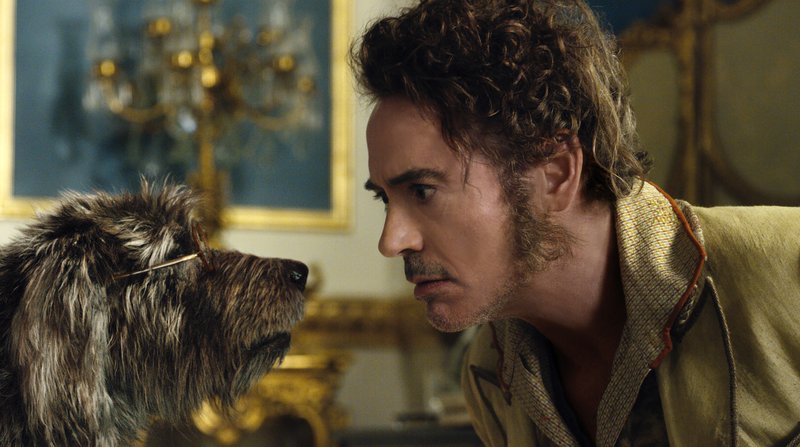
In nineteenth century England, Dr John Dolittle lives in a stately manor in the company of his many exotic animals. Having only the animals for company after the death of his wife, Dolittle speaks to them on a daily basis. But when the young Queen Victoria becomes gravely ill, Dolittle is sent on a mission to retrieve the cure along with the help of his menagerie of animals and a young self-appointed apprentice.
Dolittle, also known as The Voyage of Doctor Dolittle, was directed by Stephen Gaghan who also co-wrote the screenplay with Dan Gregor and Doug Mand. The film is a reboot of the original 1967 film Doctor Dolittle.
Dolittle underwent three weeks of reshoots after initial test screenings showed poor results. Unfortunately, the reshoots did little to improve Dolittle which was a box office bomb as well as being panned critically.
Dolittle was criticised for being weak in almost every aspect with critics highlighting a poor script, poor visuals and the story being stale and boring. It was noted by many that this family film would only really appeal to an incredibly young audience and that the comedy was clinically unfunny in every sense.
3. Coffee & Kareem
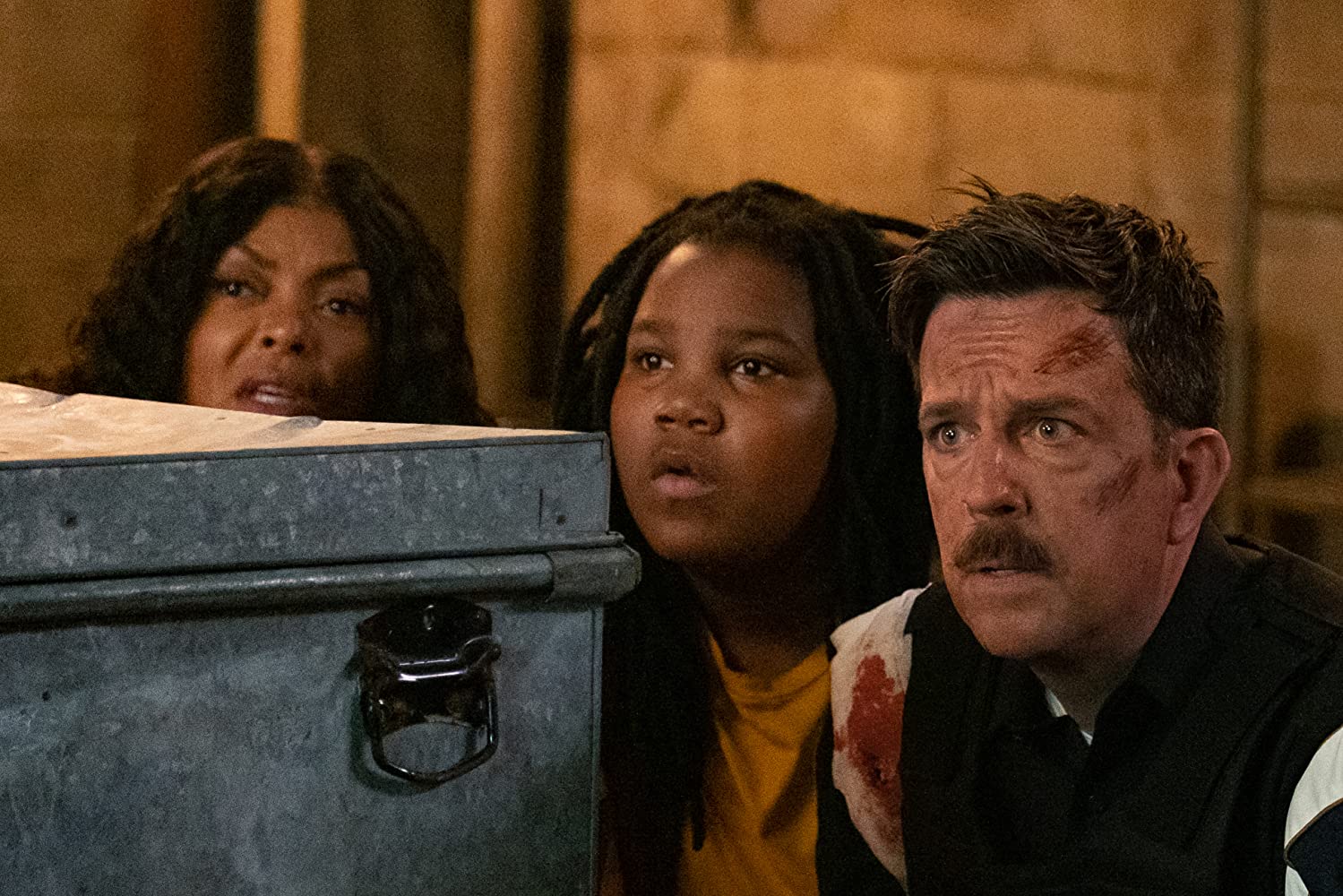
When twelve-year-old Kareem’s mother starts dating police officer James Coffee, Kareem devises a plot to break them up. However, his attempt to hire criminals to take Coffee out go awry and Kareem accidentally exposes a secret network of criminal activity. With his family now in danger, Kareem must team up with his arch nemesis Coffee to take the criminals down.
Coffee & Kareem was directed by Michael Dowse and written by Shane Mack. The film was digitally released on to streaming platform Netflix in April. Coffee & Kareem was received negatively by critics and criticised for a number of issues.
Coffee & Kareem takes the buddy-cop comedy genre and turns it into an R-rated film. However, in this case, the R rating relies heavily on the character of Kareem whose foul and sexualised language was off putting for a lot of audiences considering that the character is only twelve years old. Away from that, the film was also criticised for being unoriginal and using lazy plot twists. Overall, Coffee & Kareem was viewed as a complete misfire – a comedy which was neither funny nor original.
4. 365 Days
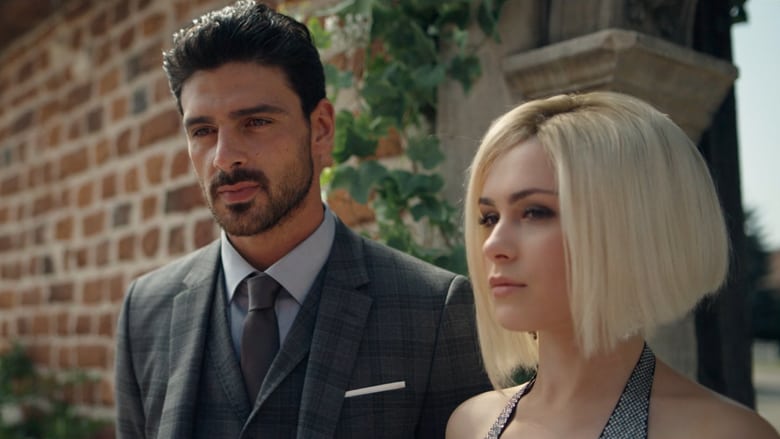
Massimo, a member of the Sicilian Mafia family, kidnaps a woman named Laura after seeing her on a beach years earlier and becoming obsessed with her. Massimo tells Laura that he will hold her captive for 365 days in the hope that she will fall in love with him during that time.
365 Days was co-directed by Barbara Bialowas and Tomasz Mandes, who also co-wrote the screenplay along with Tomasz Klimala and Blanka Lipinska. The film is a Polish erotic thriller and was based upon the first novel of a trilogy by author Blanka Lipinska.
The film was released theatrically in Poland and grossed $9.5 million at the box office before being released digitally on to streaming service Netflix, where it has gained global attention and has frequented the most viewed films in numerous territories.
Despite its popularity, 365 Days was critically panned and is rated as one of the worst films of the year so far with a 0% score on Rotten Tomatoes. Unlike other films that have been deemed as amongst the worst of the year so far, 365 Days was not merely be criticised for common other issues such as poor writing and poor characters etc. Whilst yes, the film certainly does suffer from those issues as well as a myriad of other problems, more importantly the film has been criticised for the way that it has romanticised and glamorised kidnapping, rape, and violence against women.
365 Days presents the kidnap and prisoning of a woman as a sexy situation, and violence and non-consent as foreplay. The film suggests that consent can be obtained retroactively, and that rape might be acceptable if the woman enjoyed it or is attracted to the man in question. There is no need to explain why this is completely unacceptable and thus 365 Days more than earns its place as one of the worst films of the year.
5. Bloodshot
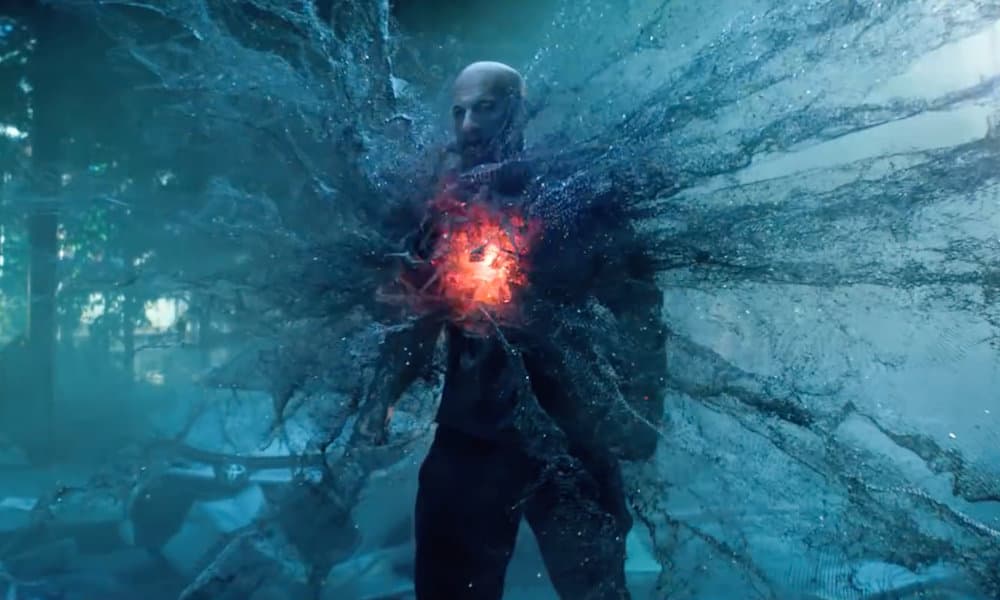
After soldier Ray Garrison is killed in action, he is brought back to life by a team of scientists who enhance his body using nanotechnology. Now a superhuman killing machine and with no memories of his former life, Ray trains with a group of similar elite soldiers. However, as Ray’s memories begin to flood back, he realises that he may actually be part of a bigger conspiracy.
Bloodshot was based on the Valiant Comics character of the same name and is intended to be the first instalment in a shared cinematic universe based on Valiant Comics. Bloodshot is the feature length directorial debut of director David S. F. Wilson and was co-written by Jeff Wadlow and Eric Heisserer.
Bloodshot grossed $30 million against a budget of $45 million and received mixed reviews from critics. The film was one of the last films to be released theatrically before the COVID-19 pandemic closed theatres. As a result, Sony released the film digitally on demand less than two weeks after its theatrical release.
Bloodshot received negative reviews mostly in part to its attempts to replicate other big superhero films and in doing so both completely missed the mark and felt unoriginal. The big action set pieces do bring some joy for audiences, but there is nothing much else to excite or interest the audience. The script often falls flat, and the story’s plot twists are predictable and boring.